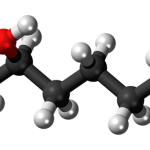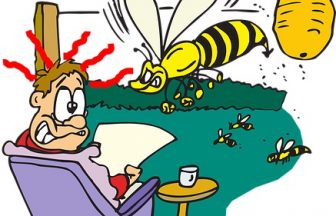「conclude」は「完全に閉じる、終わる」⇒「終える、成し遂げる、結論を下す」
con「完全に」+ clude「閉じる、終わる」→「完全に閉じる、終わる」⇒「終える、成し遂げる、結論を下す」
conclude「終える、成し遂げる、結論を下す」
名詞は conclusion「結論」
形容詞は conclusive「決定的な、最終的な」
The farewell party for the boss was concluded with three cheers.
「上司の送別会は万歳三唱で終わった」
Our conclusion is based on fact.
「我々の結論は事実に基づいている」
「disclose」は「(隠れていたものを)見えるようにする」⇒「暴く、暴露する、打ち明ける、覆いを取る」
dis「(逆)~でない」+ close「閉じる」→「(隠れていたものを)見えるようにする」⇒「暴く、暴露する、打ち明ける、覆いを取る」
disclose「暴く、暴露する、打ち明ける、覆いを取る」
名詞は disclosure「暴露、発覚、発表、開示」
The Security Service is unlikely to disclose any information about the matter.
「警備当局はその件についていかなる情報も公表しそうにない」
「enclose」は「中へ閉じる」⇒「囲む、同封する、含む」
en「中へ」+ close「閉じる」→「中へ閉じる」⇒「囲む、同封する、含む」
enclose「囲む、同封する、含む」
名詞は enclosure「包囲、封入、囲われた土地、囲うもの」
He enclosed a dagger blade within a cane.
「彼はつえに刀を仕込んでいた」
「exclude」は「外へ閉じる」⇒「締め出す、除外する、追放する」
ex「外へ」+ clude「閉じる」→「外へ閉じる」⇒「締め出す、除外する、追放する」
exclude「締め出す、除外する、追放する」
形容詞は exclusive「排他的な、独占的な」
名詞は exclusion「排除、除外、追放」
Tobacco ads were excluded from the newspaper.
「タバコの広告はその新聞から締め出された」
「include」は「中へ閉じる」→「閉じ込める」⇒「含む、包括する、算入する、同封する」
in「中へ」+ clude「閉じる」→「中へ閉じる」→「閉じ込める」⇒「含む、包括する、算入する、同封する」
include「含む、包括する、算入する、同封する」
前置詞 including「~を含めて」
Lunch is not included in the price.
「ランチは値段に含まれておりませn」











